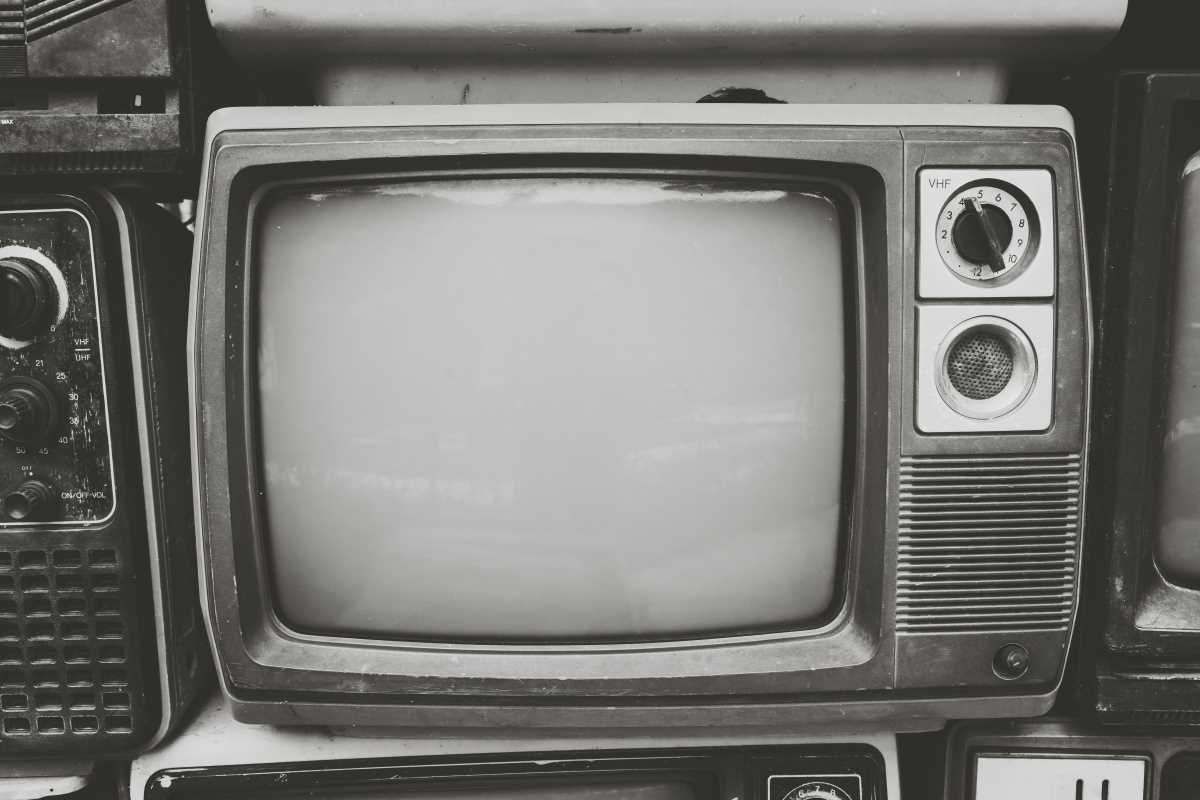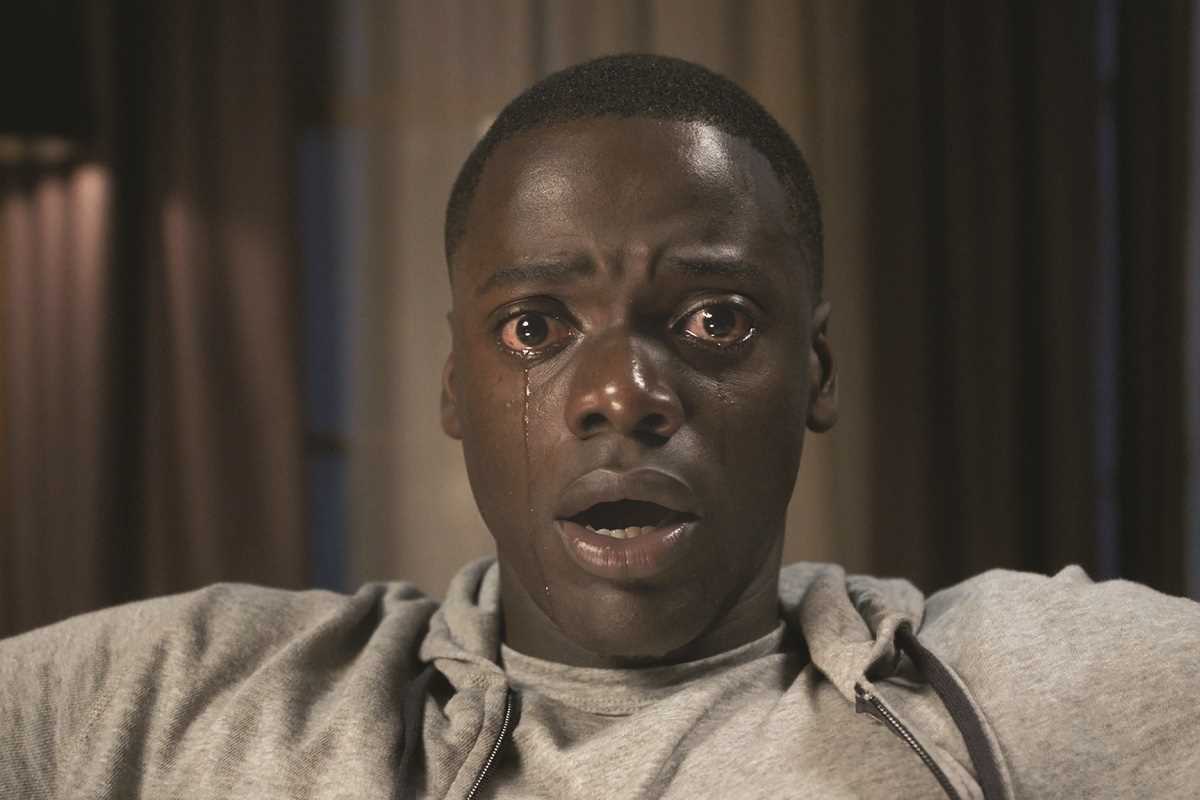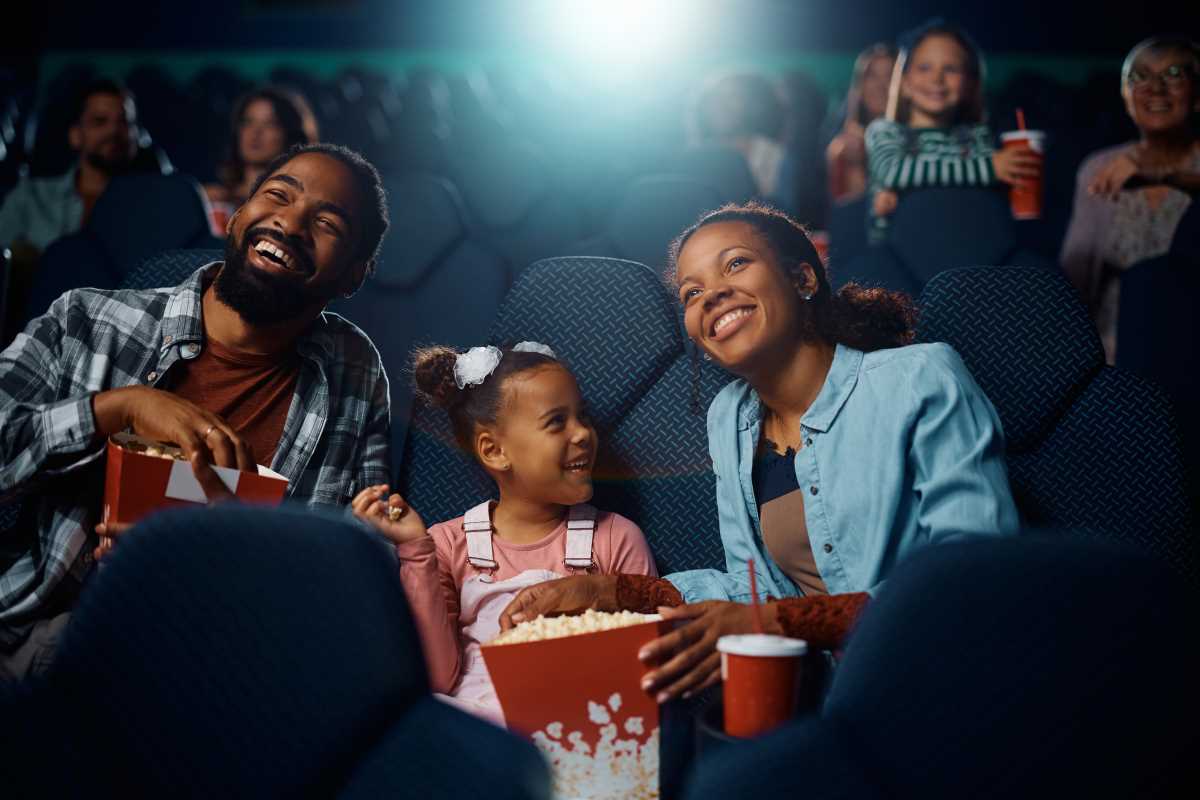From The Lion King (2019) to A Star Is Born (2018), and Dumbo (2019), it seems like no iconic movie is safe from a modern reboot. But why do old movies keep getting remade? This article explores the reasons behind this ongoing trend, considering both the benefits and drawbacks of remaking classic films.
A Rich History of Remakes
It’s important to understand that movie remakes are not a new phenomenon. Remakes have been a part of Hollywood history since its inception. The concept of remaking films is rooted in the early days of cinema when filmmakers would often reimagine popular silent films as sound films once technology allowed for them. Over time, this trend continued as Hollywood studios sought to capitalize on the success of older films by updating them for new generations.
In many ways, remakes represent an attempt to bring a beloved story into the contemporary era. Filmmakers often feel that the core themes of an old movie are still relevant, but the style or technology used to tell the story may feel outdated to modern audiences. In these cases, remakes are seen as a way to breathe new life into a familiar narrative.
The Appeal of Familiarity
One of the primary reasons old movies are remade is the built-in appeal of familiarity. A movie that has already been successful in the past has a strong foundation upon which to build. Whether it's an iconic story, beloved characters, or a standout performance, these films have elements that are proven to resonate with audiences. This built-in recognition makes them ideal candidates for remakes.
For example, the 2019 remake of The Lion King was based on the original animated classic from 1994. The story, characters, and music had already been ingrained in the public's collective memory. The remake didn't need to introduce the plot or characters to audiences—it was tapping into an existing fanbase that already loved the original film. This familiarity comforts viewers, as they know they are in for an experience with elements they already enjoy.
Familiarity is essential in an industry that is increasingly driven by data. With Hollywood’s heavy reliance on box office performance and audience reactions, studios are more likely to remake a successful film from the past because they know it already has an audience. The risks involved in remaking a movie are lower because the story and concept have already proven to be popular. Studios believe that people will turn out to see a remake of a film they know and love, often with updated visuals, cast, and technology.
Technology and Modern Sensibilities
Technology plays a huge role in why old movies are getting remade. Filmmaking technology has advanced significantly over the past few decades, allowing directors to tell stories in previously impossible ways. CGI, advanced animation techniques, and motion capture have made it possible to create more visually stunning worlds and characters. For example, the 2019 remake of The Lion King was entirely created with CGI, making it more realistic than the original animated film. These technological advancements allow filmmakers to reimagine the same story in ways that might feel fresh to a modern audience, even if the core elements remain unchanged.
For example, Dumbo (2019), directed by Tim Burton, offered a darker, visually stunning take on the beloved 1941 animated film. The movie utilized the latest CGI technology to create the titular flying elephant and elaborate environments that weren’t possible in the original. The goal of these technological upgrades is not only to appeal to modern sensibilities but also to show audiences something new that they haven’t seen before.
In addition to technology, filmmakers also want to align old movies with contemporary values. Many remakes alter aspects of the original film to better reflect current cultural and social norms. This could include updating character dynamics or changing story elements to be more inclusive or reflective of modern attitudes. A prime example of this is Ghostbusters (2016), which was remade with a female-led cast. While the remake received mixed reviews, its decision to make the central characters women was in line with a growing focus on gender representation in film.
The Nostalgia Factor
The power of nostalgia is another key reason why old movies keep getting remade. Nostalgia for past films is a powerful emotional pull. For many people, certain movies represent a time in their life when things were simpler or more carefree. These films are often tied to memories of childhood or specific cultural moments that people want to revisit.
Nostalgia has a firm hold on older generations who may have grown up with classic films like The Wizard of Oz (1939) or Gone with the Wind (1939). For them, remakes offer a chance to relive the magic of their youth while seeing the film in a new light. For younger audiences who may not have experienced the original films firsthand, remakes provide an opportunity to connect with the past and explore the classics that shaped modern pop culture.
One example of a film that used nostalgia to its advantage is Mamma Mia! (2008). While it wasn’t a direct remake of the 1975 Swedish film Alla vi barn i Bullerbyn, it was based on the popular musical that was itself inspired by the music of ABBA, a Swedish pop group that dominated the 1970s. The film brought back the music and culture of the time, while also introducing the iconic tunes to a new generation. The film’s success can largely be attributed to the nostalgic appeal of ABBA’s music and the sunny, carefree atmosphere of the 1970s.
The Financial Incentive
It’s no secret that the movie industry is a business, and one of the most significant factors driving the rise of remakes is financial incentives. Remakes often come with a guaranteed audience and the potential for a large return on investment. The studios know that fans of the original films will likely flock to the theater, and the brand recognition alone can generate significant box office numbers.
Take the example of the Fast & Furious franchise. Although not technically a remake, it is a series that continually updates its characters and settings to reflect modern times. The films have been incredibly successful, with each installment grossing hundreds of millions worldwide. The studio’s financial success proves that audiences are drawn to the familiar, and studios are keen to capitalize on that interest.
Even in the case of remakes of older films, studios know they have a proven product that will attract audiences. Films like Beauty and the Beast (2017) or Aladdin (2019) performed exceptionally well at the box office, largely because of the existing fan base from the animated versions. For filmmakers, remaking a classic film provides a safer financial bet compared to taking a risk on an original, untested concept.
Is Hollywood Running Out of Ideas?
While remakes can be financially successful and offer audiences a chance to revisit beloved classics, there is a growing debate about the lack of original stories in Hollywood. Some critics argue that the constant stream of remakes and reboots signifies a creative stagnation in the industry. They contend that instead of taking risks and developing fresh, original ideas, studios are relying on nostalgia and past successes to guarantee profits. This has led some to question whether Hollywood is simply recycling ideas instead of nurturing new talent and creativity.
On the other hand, defenders of the remake trend argue that reinterpreting old films can offer new insights and ways of telling stories that resonate with contemporary audiences. Remakes, they argue, are an opportunity for directors and actors to bring fresh perspectives to beloved stories, updating them for a new generation while maintaining the core themes that made them so popular in the first place.
The Future of Movie Remakes
As movie remakes continue to dominate Hollywood, the future of the trend is uncertain. Will audiences continue to embrace these updated versions of classic films, or will there be a shift toward more original and innovative storytelling? The growing success of streaming platforms, which often produce original content, may indicate that audiences are still hungry for fresh ideas. However, the financial success of remakes suggests that nostalgia still holds a significant influence over moviegoers.
Ultimately, the trend of remaking old films is likely to continue as long as there is a demand for familiar stories and characters. However, it will be interesting to see whether filmmakers can find a balance between honoring the past and pushing the boundaries of creativity in the future of cinema.




.jpeg)
.png)
.png)
